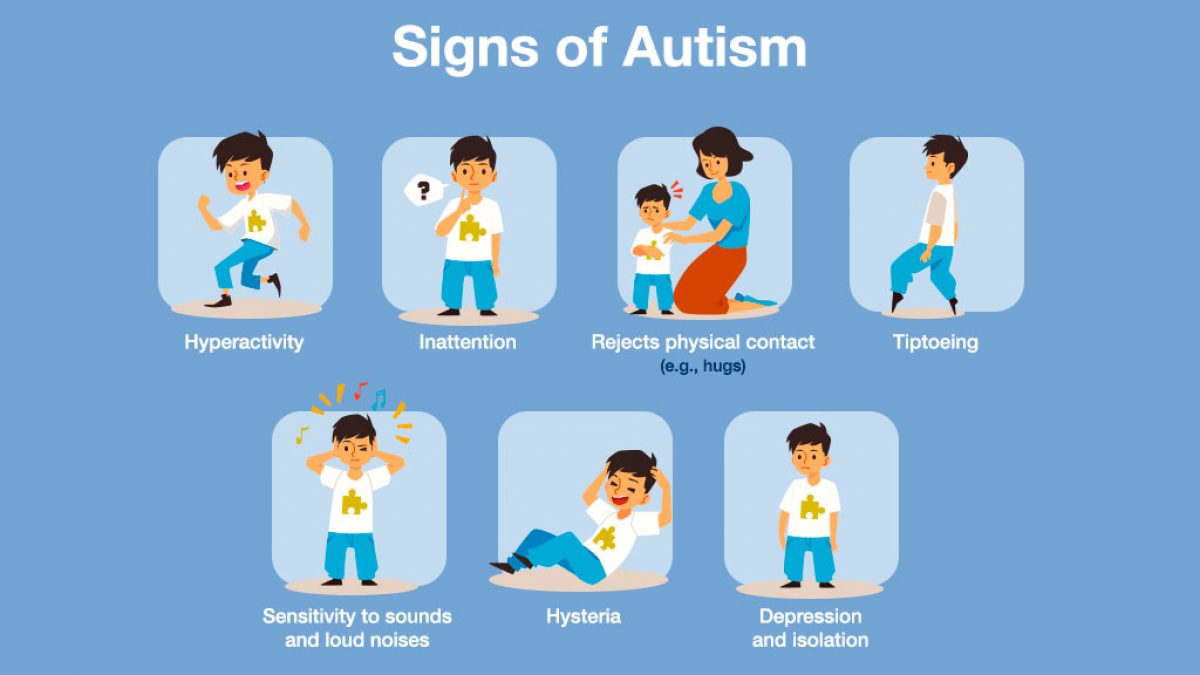Autism Spectrum Disorder (ASD) is a developmental condition that affects how individuals perceive and interact with the world around them. With the diverse spectrum of symptoms, strengths, and challenges it encompasses, every person with ASD is unique, experiencing life in their own way. However, the core characteristics of ASD remain consistent, and understanding these can help create a more inclusive and supportive environment for those affected.
What is autism spectrum disorder (ASD)?
ASD is called a "spectrum" because it includes a wide range of symptoms and challenges. From social communication difficulties to repetitive behaviours, everyone’s experience with ASD can vary greatly. People with ASD often find it challenging to process and respond to sensory input, such as sounds or textures, and may have unique strengths and skills in areas like pattern recognition, memory, or focus.
Common Traits of ASD
1. Social Communication Challenges Individuals with ASD often have difficulty with both verbal and non-verbal communication. This can include challenges in understanding social cues, engaging in conversations, maintaining eye contact, or interpreting emotions in others. These difficulties can sometimes lead to social isolation or misunderstandings in interactions with others.
2. Repetitive Behaviours and Routines Repetitive actions such as hand-flapping, rocking, or repetitive speech are common in individuals with ASD. Many also have a strong preference for routines and predictability. A disruption in these routines can cause significant stress and anxiety, highlighting the importance of structure in their daily lives.
ASD in Children & Adolescents
For children and adolescents, ASD can present as challenges in social development and communication. These children may find it difficult to make eye contact, interpret facial expressions, or engage in peer interactions. They may prefer to play alone or show little interest in interacting directly with others.
Speech and language delays are often observed, with some children struggling to understand basic conversational cues or figurative language. Many children with ASD exhibit repetitive behaviors like hand-flapping, lining up objects, or fixating on specific interests. Sensory sensitivities are also common, where children may react strongly to certain lights, sounds, or textures, creating discomfort or distress.
Changes in routine can cause heightened anxiety and stress. For children with ASD, having a structured, predictable environment is key to helping them feel secure.
Where to Seek Support for ASD
At Nafs Health, we are committed to providing expert care and support for individuals with ASD. Our team of dedicated professionals works with children, adolescents, and adults to help them navigate
their unique challenges, offering personalised strategies to improve communication, social interaction, and emotional well-being.
We offer services across multiple locations, including Central London, Bury St. Edmunds, Ely, Cambridge, and New Malden, ensuring accessible care for families across the region. If you or a loved one is seeking guidance or support for autism spectrum disorder, we are here to help.
Contact Us Today
Understanding and managing ASD can be complex, but with the right support, individuals with ASD can thrive. At Nafs Health, we are proud to offer compassionate, evidence-based care to support families navigating the challenges of ASD. Visit us today to learn more about our services and how we can help you or your loved one take the next step in their journey toward a fulfilling life.


